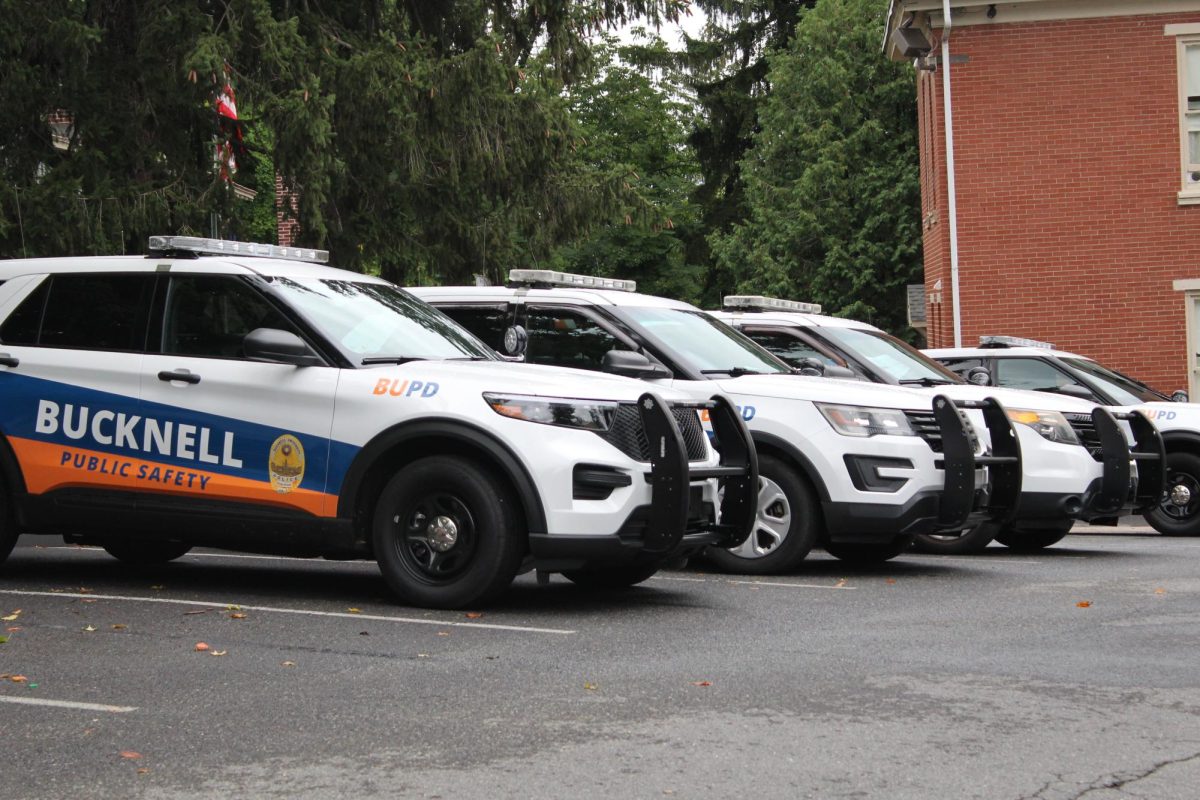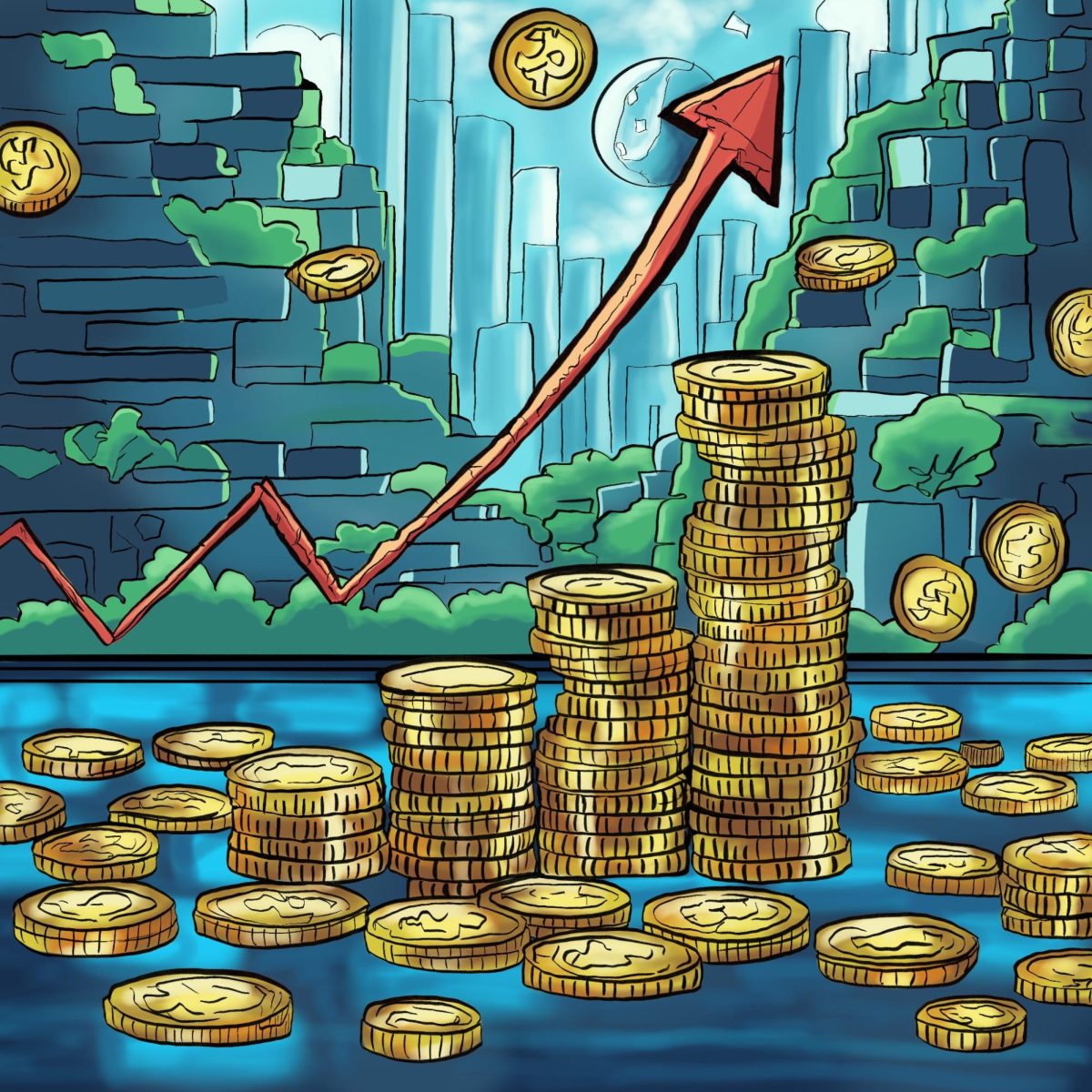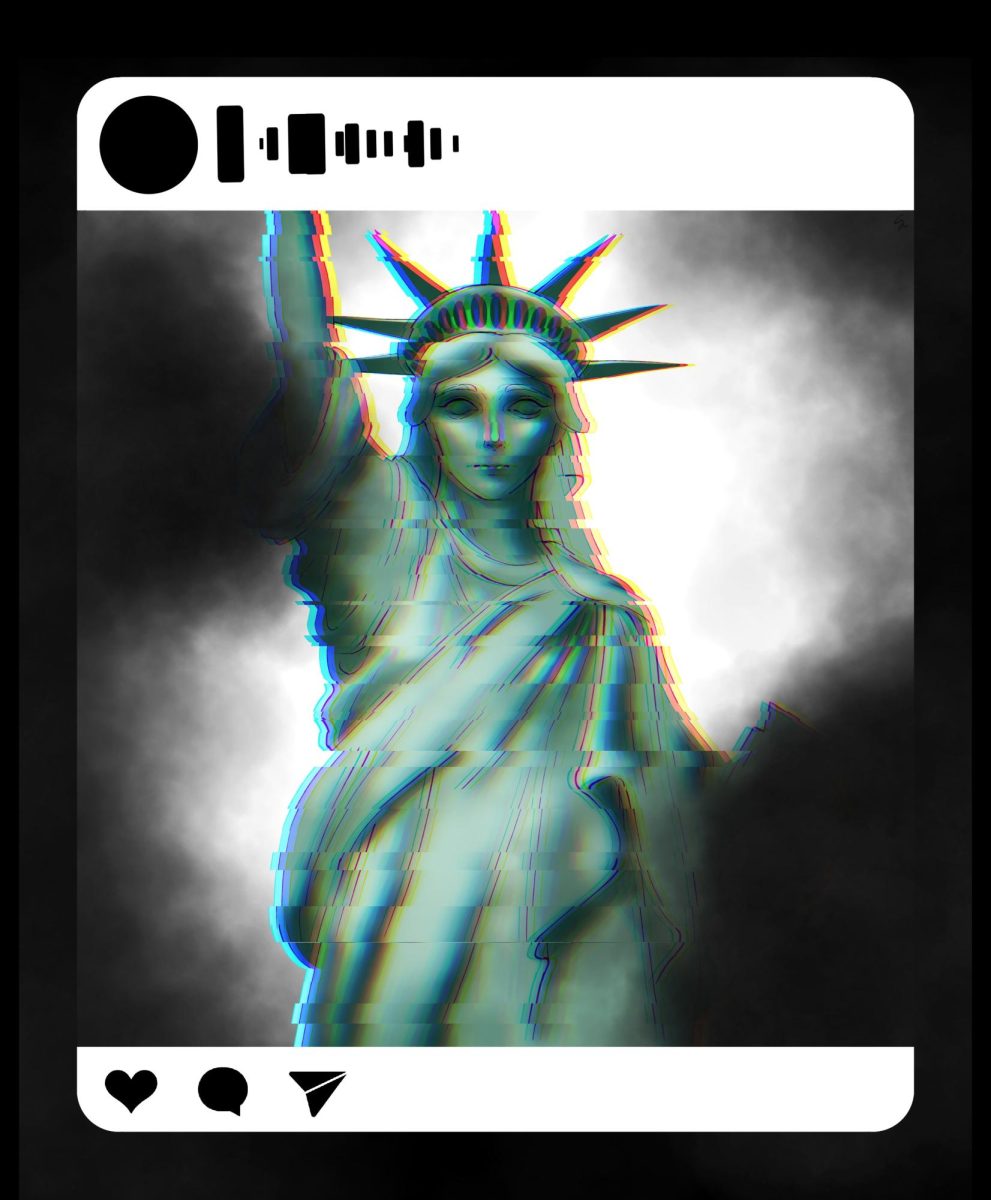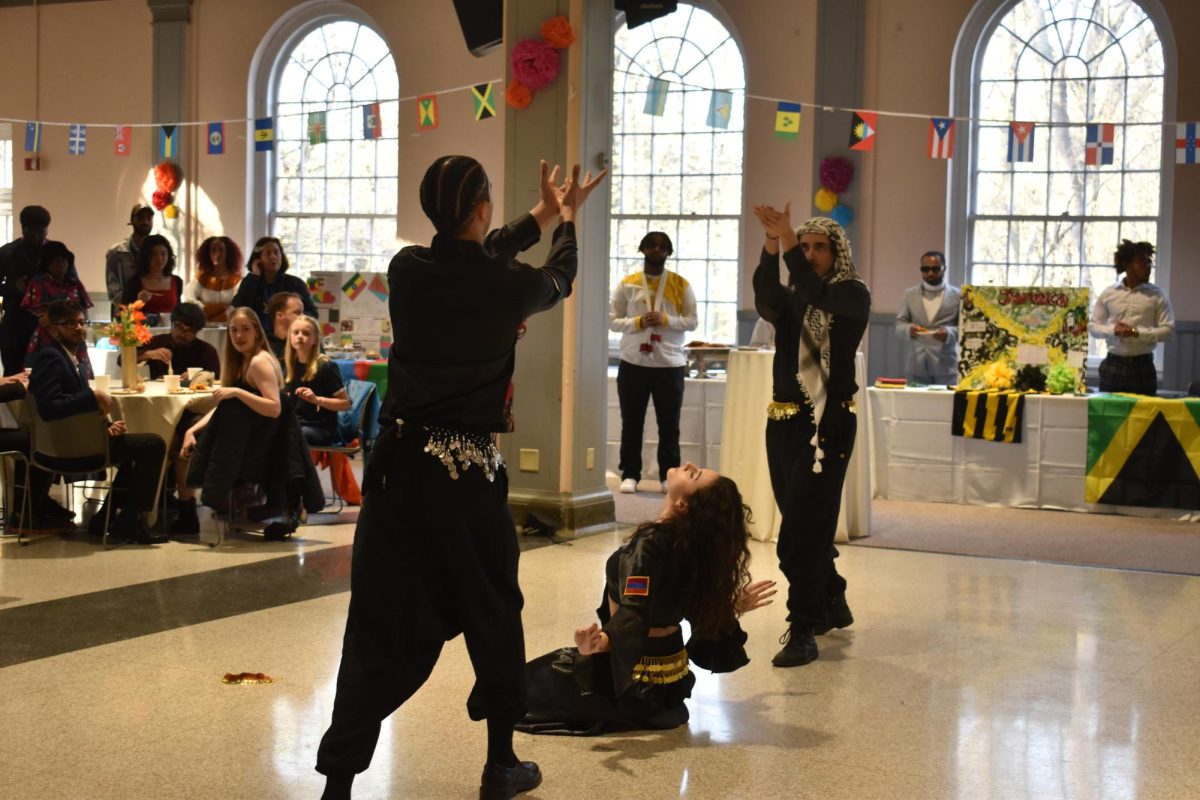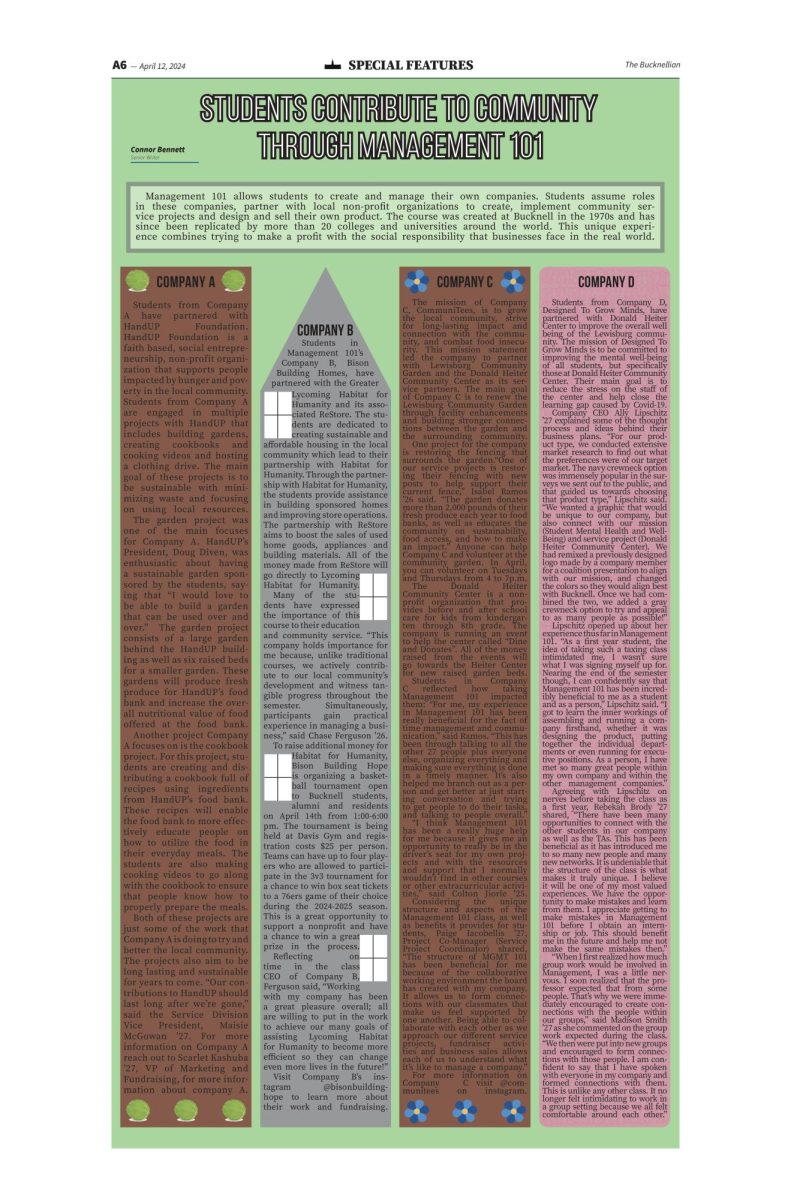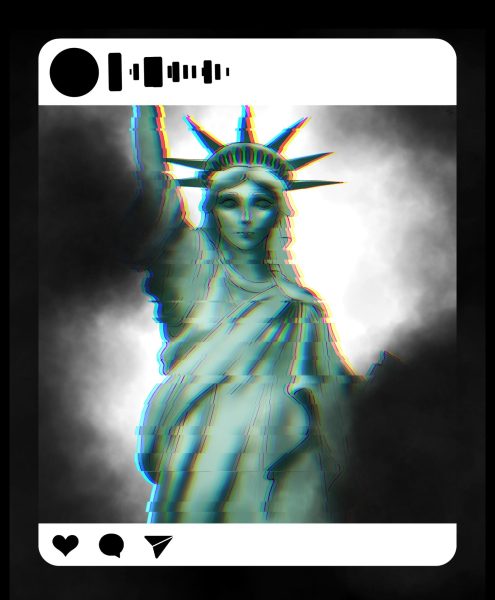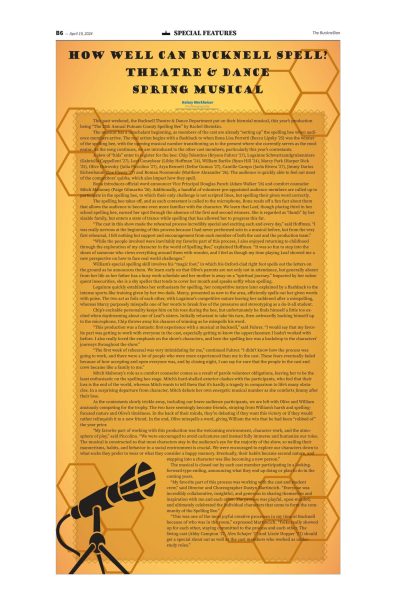Bucknell Institute of Public Policy: ‘And what is Aleppo?’
September 29, 2016
Libertarian presidential candidate Gary Johnson appeared on MSNBC’s Morning Joe on Sept. 8 to promote his presidential campaign. Things were going well for Johnson until one of the panelists, Mike Barnicle, asked him what he would do about the situation in Aleppo, Syria if he were elected.
Johnson stammered, “About…” as though he’d misheard the question. Barnicle clarified again, “Aleppo.”
“And what is Aleppo?” Johnson said, in the same way your grandfather might unwittingly ask “and what’s up-dog?” Only this isn’t about a ’90s colloquialism. This is about a war-torn city in Syria, where innocent civilians are caught in the crossfire between CIA-backed rebel groups and the Russian-backed Syrian government. People are dying. Millions of refugees are fleeing the danger. Tax dollars are being spent. It’s a situation of which the president of the United States needs to be informed.
Johnson made a decent recovery–about as decent of a recovery as one could make after such a public blunder–by mentioning finding a solution through diplomacy with Russia, the Free Syrian Army, and the instability of regime changes. Certainly it’s a mistake he’ll only make once, but that doesn’t change the fact that he didn’t know.
My first reaction was one of immense disappointment. This is a third-party presidential candidate nearing voter support in the double digits, only a handful of points from gaining a spot at the debates, and yet he was completely oblivious to the name of a major war-torn city our government agencies are involved with.
My second reaction was the realization that I, too, knew nothing about Aleppo. At the end of the day, I’m just as clueless, and I assume that I’m not the only person on campus who doesn’t know as much about the Syrian War as they should.
Explaining the events leading up to the Syrian War would require more space than I’m allowed, and I’d certainly miss important nuances and probably offend some people in the process. However, for the sake of protecting the student body from televised embarrassment, I’ll do my best.
President of Syria Bashar al-Assad came to power when his father fell ill and his brother, who would have been his successor, died in a car accident. He attempted to westernize and modernize Syria with capitalist and neo-liberal policies, which provoked a strong negative response from his socialist predecessors. When his promises of economic revitalization fell through, he resorted to more oppressive policies, including the blocking of social media sites and the use of a secret police to silence his opponents. Many of his father’s advisers were in violent opposition to his reforms, so Assad had them removed from office.
His policies continued to reinforce socio-economic inequality in Syria. In 2011, the Arab Spring of Egypt and Libya incited the public to rise against him, forcing Assad to call upon the assistance of those he had recently fired. Since then, Syria has dissolved into a civil war. Assad has used chemical weapons against his own people, drawing criticism and calls for his resignation from other global leaders. According to the CIA World Factbook, unrest and turmoil in Syria has killed 400,000 people and displaced 11.3 million from their homes as of March 2016. Though official ceasefires have been enforced, they come and go quickly. The violence is endless and indiscriminate.
This is a clear humanitarian crisis. In the midst of midterms, job hunts, and other collegiate absorptions, it’s easy to forget just how much suffering there is in the world. We should hold ourselves to the same standards that we hold our presidential candidates. The votes we cast have an effect far beyond our immediate domestic future. This is no game.

